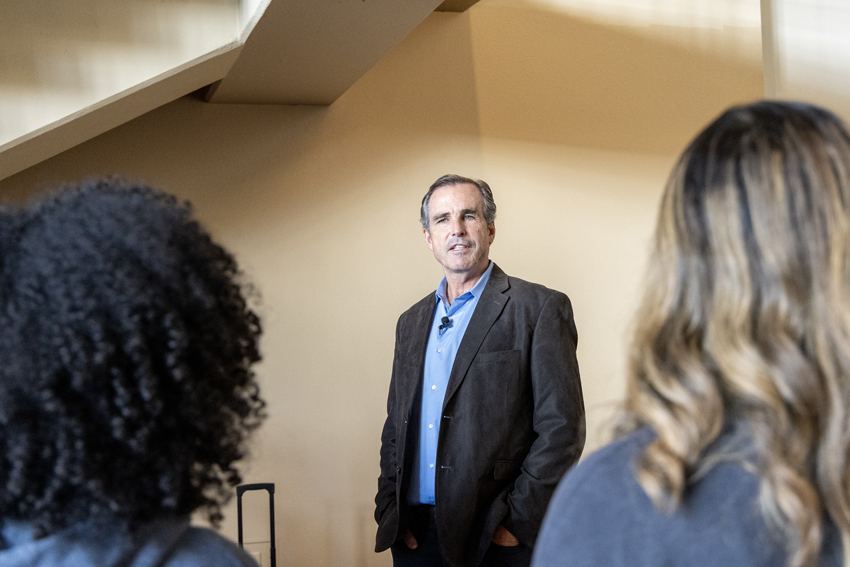When faced with a research paper, gathering accurate research can be a daunting and excruciatingly boring task for students. With sites such as Wikipedia offering convenient information, many students give up on finding reliable sources. In an effort to stem this problem, FC has purchased a subscription to the research database service EBSCO Host for its students’ use.
While search engines such as Google and Yahoo only have access to Web sites and blogs, EBSCO is similar to a catalog: it provides literary criticism articles and full-text newspapers. Without EBSCO, resources like these would be unavailable to students without library cards.
Administration has budgeted for the program, renewing it for use after a respite of several years. Due to a 60% reduce in price, they were able to purchase three separate databases in the EBSCO program: the Literary Reference Center, EBSCO Magazine Article Summaries (MAS) Ultra, and Middle School Plus, for junior high students.
Before this year, EBSCO was only available at the library, making it inaccessible for many students. Student such as senior Sarah Barnett says the program will make research assignments much easier.
“I don’t have very many opportunities to visit the library, and the internet can be really overwhelming,” Barnett said. “There is just so much information available, I never know what to use.”
According to Barnett, EBSCO allows for much more organized research while doing homework.
“I think I’ll be able to do more efficient research with EBSCO,” Barnett said. “When I just use search engines I waste a lot of time sorting through information I won’t even be able to use.”
While students like Barnett will take advantage of EBSCO Host, senior Tyler Combs doesn’t plan to change his research methods.
“I’ve never heard of EBSCO, so I don’t think I’ll use it,” Combs said. “I do research just fine by myself, so there would be no point in me using it.”
Regardless of student reaction, AP English teacher Molly Sargent says EBSCO will be beneficial for students and teachers.
“All of the articles on EBSCO have lexile numbers,”Sargent said “Lexile numbers are helpful to teachers because they indicate the reading grade level of the information.”
While the new program may seem like a superfluous addition, Sargent says its addition will be extremely helpful for students.
“Students don’t have a lot of time to go to the library and the hours aren’t convenient either,” Sargent said. “We wanted to provide a service that students can access from from home. Most libraries don’t have the type of publications needed for the upper level students’ work. Most libraries don’t have literary journals anymore.”
English teacher Brianne Vogt encouraged her students to use the library’s version of EBSCO last year, but its inconvenience made her unsuccessful.
“Last year the school didn’t have a subscription to EBSCO so it had to be accessed through the library,” Vogt said. “The students that used it had trouble with it, and others didn’t even take the time.”
Vogt says the resource will be especially helpful to students in AP classes, as it is very helpful with college-level assignments.
“I used EBSCO all through college for essays in my literature classes,” Vogt said. “It was super helpful because I could use it from home and read everything online. I could still do my research if I couldn’t make it to the library, or it was 12 in the morning.”
In order to use the Web site, students are issued a user ID and password at school. In order to keep the integrity of the school license, that information is not posted here. However, students can locate that retrieve those requirements in the lab, library and high school office.
For more information, e-mail Sargent.







Andrew Evans • Nov 24, 2010 at 12:01 am
Looking forward to being able to fill all the bleachers up come the 17th! Nice photo, Brookie!